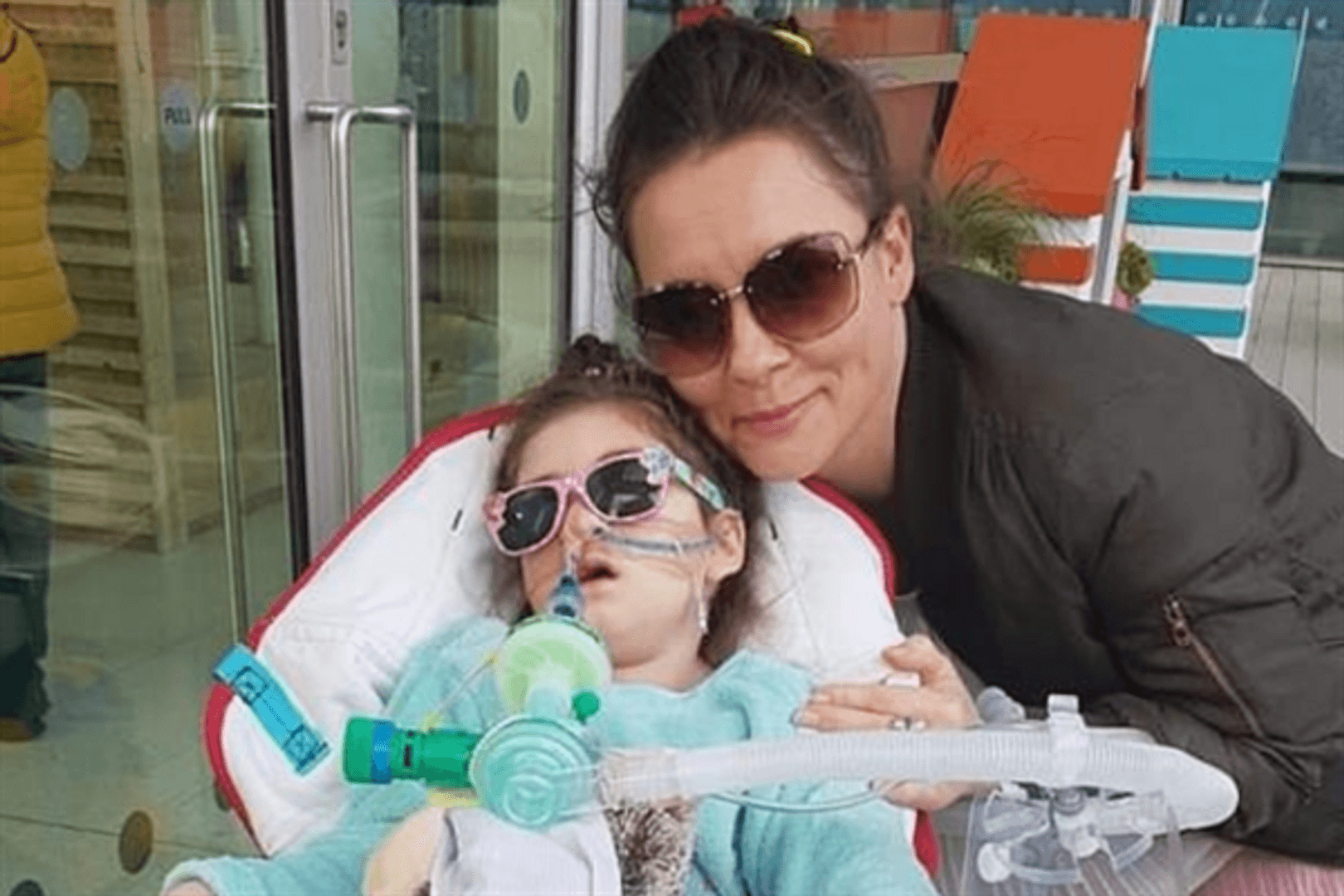LEICESTER, United Kingdom – A decision to allow a 5-year-old child to die against the wishes of her mother “does not acknowledge or afford her the inherent human dignity with which she was born,” according to the England and Wales bishops’ conference.
On Friday, the Court of Appeal for England and Wales upheld a High Court ruling that Pippa Knight be allowed to die at London’s Evelina Children’s Hospital.
Pippa was diagnosed with acute necrotizing encephalopathy after she became ill at around 20 months of age. The disease causes permanent brain damage.
The girl’s mother, 41-year-old Paula Parfitt, had petitioned the court to allow her to take the child home to be treated with a portable ventilator.
“The tragedy of little Pippa Knight’s illness is profoundly sad, and I offer my heartfelt prayers and thoughts for her, for Paula her mother, her family, the healthcare professionals caring for her, and the judges who have to make difficult and heart-breaking judgements,” said Bishop John Sherrington, an auxiliary bishop for the Diocese of Westminster and in charge of the life office for the bishops’ conference.
“Pippa is living in a seriously disabled way due to her complex and rare medical condition. The Catholic Church teaches that every person has worth and dignity which is independent of their condition. Lack of awareness does not diminish worth,” he said.
The case is reminiscent of that of Charlie Gard in 2017 and Alfie Evans in 2018: In both cases, British courts ruled against parents trying to take their child abroad for further treatment against the judgement of hospital staff. Both children later died.
In a similar case in 2019, Tafida Raqeeb was allowed to be transported to the Gaslini Children’s Hospital in Genoa for treatment. She was later successfully weened off of her ventilator in Italy.
Parfitt was not seeking to take Pippa abroad, but to allow the child to be treated in a homecare trial.
“I find it inexplicable that the court and [the hospital] will not allow Pippa to trial portable ventilation for two weeks to see if she can return home when the hospital allows Pippa to go outside for long periods on portable ventilation with no issue,” she told journalists.
According to the opinion of one of the appellate justices, the original judge was “entitled to conclude and declare that it was lawful and in Pippa’s best interests that life-sustaining treatment be withdrawn for the reasons he gave in his judgment.”
“As [the lower court judge] observed at the end of his judgment … in this case the law vests responsibility for decisions in the court, not the parent,” said Justice Scott Baker.
The Society for the Protection of Unborn Children (SPUC) issued a statement calling it a “desperately sad day” and said the Court of Appeal decision “allows despair to triumph over hope.”
“This courageous young girl has fought to live with every breath in her body for the last two years, but the court has decided that fight has been in vain. Many will share our angst and deep concerns that we live in a society in which the value of a human life is treated with such disregard,” said John Deighan, SPUC’s deputy chief executive.
“Our thoughts are now with Paula who just days ago celebrated Mother’s Day [celebrated in March in the UK] with optimism, going for a walk in the Spring sunshine with Pippa on a portable ventilator which could have been used to prolong her life at home,” he added.
In his statement, Sherrington alluded to the deficiencies of the Court of Appeal decision.
“The ruling to allow medics to cease Pippa’s treatment based on her quality of life or worth does not acknowledge or afford her the inherent human dignity with which she was born. The determination of continuing treatment must be in accord with the benefits and burdens which this or a different regime of treatment provides,” the bishop said.
“We must uncompromisingly ensure that proper care is given where there is still life, despite serious illness or disability. We are reminded that such care must include the provision of nutrition and hydration, by whatever means, which is neither treatment nor medicine, unless this itself becomes overly burdensome,” he added.
“The intentional ending of the life of a critically ill patient because of a judgement made of its quality is never in the patient’s best interests. At the heart of humanity must be a call to show love and solidarity with the most vulnerable in society, and to defend the lives of our more fragile brothers and sisters who are unable to do so themselves,” Sherrington said.
Parfitt said she plans on appealing her case to the UK Supreme Court.
Follow Charles Collins on Twitter: @CharlesinRome














